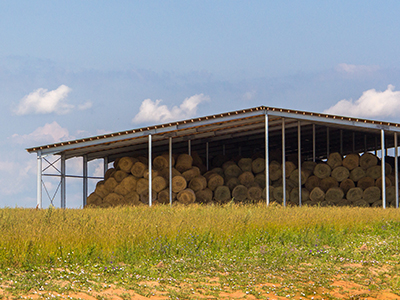RCS Australia is proud to have played a part in the first at-scale issue of a combined 151,312 Australian Carbon Credit Units (ACCUs) to two Queensland beef enterprises.
The ACCUs were issued by the Clean Energy Regulator for Tom and Antoinette Archer’s 3851 ha “Rexton”, near Goondiwindi, and Andrew and Meagan Lawrie’s “Moora Plains”, near Gogango west of Rockhampton, in what is an unprecedented demonstration of the impact active land and livestock management has on removing carbon from the atmosphere and mitigating greenhouse gas (GHG) emissions.
On both properties, the net carbon value generated, after accounting for all discounts including but not limited to methane emissions, expenses associated with carbon measurement and project-related fees, was in excess of that generated through livestock production.
“This unquestionably shows there is more value to management than just the impact that you have on livestock production,” said Dr Terry McCosker OAM, who founded RCS Australia, best known for the GrazingforProfit® course, which the management team from both “Rexton” and “Moora Plains” have completed and is chair of CarbonLink™ who oversaw the project.
“In the first instance, it is important that management decisions are being made to elevate production businesses through greater soil health and biodiversity and, in the case of “Rexton” and “Moora Plains”, this was achieved through employing strategies developed by RCS Australia (Resource Consulting Services). For the Archers and Lawries, carbon has now proven to be a strong secondary source of income – a bonus for getting the management of the landscape right.”
McCosker said the study reported sequestration rates more than three times the conservative, original estimates and proved livestock could be positive contributors to carbon storage and ecological health.
“These outcomes serve as a compelling testament to the potential Australian agriculture holds, not only in driving the advancement of their respective businesses and industry towards carbon neutrality through enhanced soil and landscape health, but also in making enduring contributions towards national emissions reduction objectives in the long run,” Dr McCosker said.








